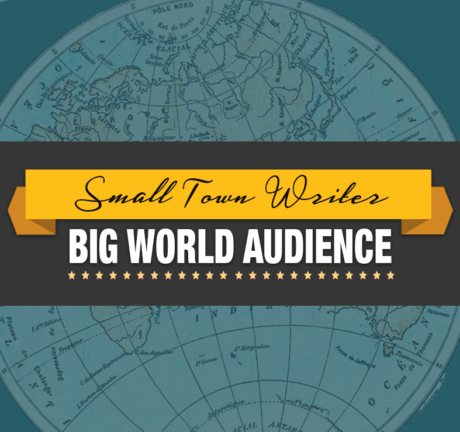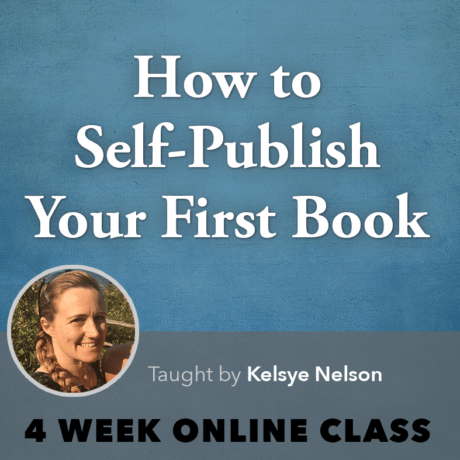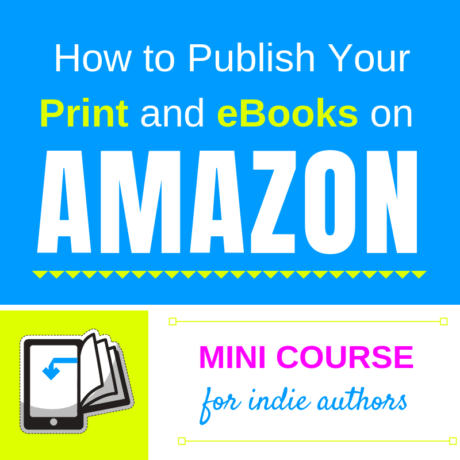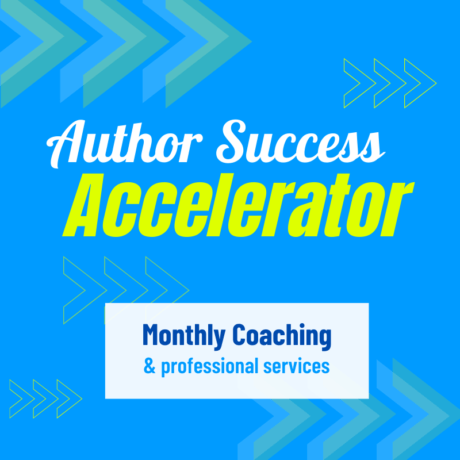

Even if you’re the world’s best writer, you would still make mistakes. It could range from glaringly obvious grammar errors (that you somehow missed) to embarrassing typos, but it is inevitable.
And yet, can be exhausting to have to focus on the most minute errors in writing manually, which is why using an editing tool like Grammarly or ProWritingAid will save your invaluable time. You wouldn’t have to read and reread every single sentence yourself… but that’s not all there is to an editing tool. In this blog post, we’ll be exploring several little-known (or “obscure”) uses of Grammarly and ProWritingAid that’ll make your writing task infinitely more convenient.
1. Set Goals (Grammarly)
Sometimes, when you’re writing a personal piece, editing tools tend to suggest making it more concise and formal. “Maybe if you write this instead of that…” Imagine writing an email to your friend and it comes off like a business proposal!
That’s why Grammarly Premium offers you the ability to set goals—you can specify the context (or the style) of your current writing piece, and allow Grammarly to give you customized suggestions relevant to your style, like Academic, Business, General, Email, Casual, Creative, etc.
You can even choose to include sentence fragments in your writing without having Grammarly bug you every time you use one. If you’re writing a novel, sentence fragments will often help you create specific feelings within the scene, so you can set your preferences to Casual or Creative to stop Grammarly from constantly reminding you that your sentences are incomplete.
2. Choose Your Own Style Guides and Dictionaries (ProWritingAid)
It can get annoying when your editing tool keeps underlining your perfectly-spelt words in red. Which is why you need to change your dictionary preferences according to your country or writing style.
You can also create your own style guide to maintain consistency throughout your document. For instance, if you tend to mix up between “University of Chicago” and “Chicago University,” neither of which is grammatically wrong but creates a sense of inconsistency within your writing, you can set one of the terms in your style guide. ProWritingAid will then remind you to switch up to the preferred phrase if you ever write the other.
ProWritingAid’s Consistency Report will give you a wealth of information on your writing—it’ll let you know if you’ve inaccurately used the en-dash, em-dash and hyphens, and also check for other inconsistencies in punctuation.
3. Weekly Stats (Grammarly)
Often, we lose track of how much writing we have done for the week—have I written enough? Do I need to write more to make sure I don’t miss my deadlines? How can I increase my writing productivity without thinking of it as a chore?
Grammarly weekly stats are fun. If you’re a registered user, they will send you weekly updates on your writing progress, which includes your mastery of the language, productivity, vocabulary levels, and your weekly writing streak (a feature that truly encourages writers to keep writing, since most of us don’t like losing our streaks).
And the best thing about these reports is that they’re a comparison between you and other Grammarly users, so you can see where you stand. For instance, your vocabulary stats show the percentage of unique words you’ve used compared to other writers.
4. Readability Report (ProWritingAid)
We don’t often realize how difficult it will be for readers to comprehend our own work. If a sentence is too wordy, or if there are too many obscure words in a paragraph, then the readability — the ability to understand the writing — falls.
ProWritingAid’s Readability Report gives you insights of how complex your document is, and how long readers will take to read it. If your readability score is low, it means your document is hard to read and readers are likely to leave it halfway through.
ProWritingAid uses the popular readability test, the Flesch Reading Ease Score, to calculate your content’s readability by checking the number of words and vocabulary.

Sharika Hafeez
Sharika Hafeez is a nerd, and she’s proud of it. Growing up, she fell in love with books and writing, and is currently following her undergraduate degree (for some mysterious reasons) in Physics. She likes procrastinating by watching the stars with a steaming cup of tea, composing poetry in her head.







0 responses on "Using Editing Software for More than Just Grammar"